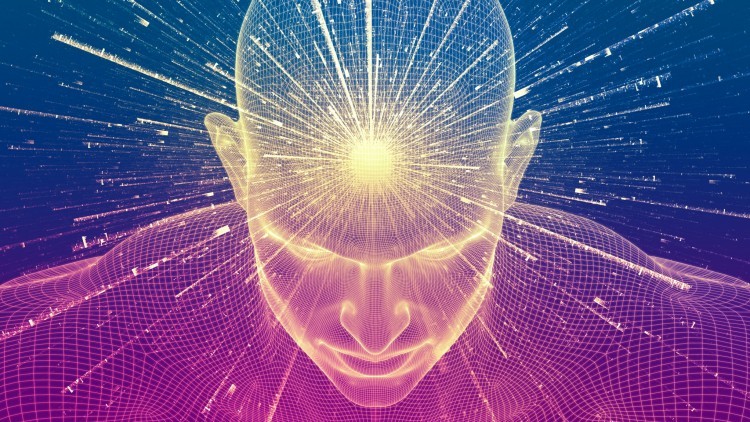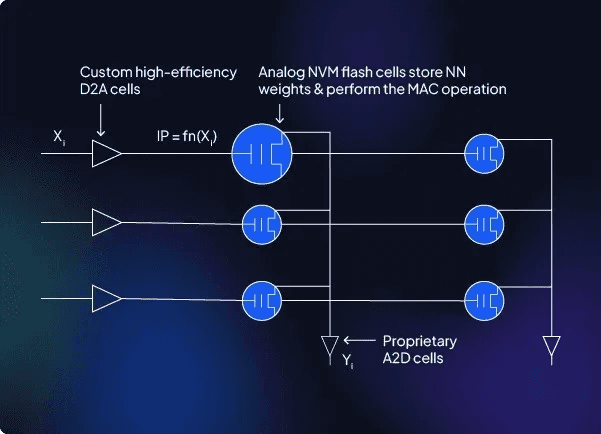Programming
Consciousness and Computational theory
Debunking Myths
May 24, 2024
The Qualia Conundrum: The Insurmountable Barrier to Computational Consciousness?
The notion that consciousness can be reduced to computation has become increasingly prevalent in the fields of artificial intelligence (AI) and cognitive science. This perspective, known as computationalism, posits that the mind functions as an information-processing system and that consciousness arises as a result of this computation. However, this theoretical framework faces a formidable challenge: the "hard problem of consciousness" and the seemingly irreducible nature of qualia.
The Hard Problem of Consciousness and Qualia
The hard problem of consciousness, articulated by philosopher David Chalmers, refers to the difficulty of explaining how and why we have subjective, qualitative experiences (qualia) such as the redness of red or the pain of a headache. While we can study the neural correlates of consciousness and observe how information is processed in the brain, the subjective, experiential aspect remains elusive.
Qualia are the raw feels of our conscious experience. They are the intrinsic, non-representational qualities that make our experiences what they are. The experience of tasting chocolate, for example, is not simply a matter of processing information about the chemical composition of chocolate; it involves a unique, irreducible, qualitative experience.
The Computationalism Challenge
Computationalism, in its most fundamental form, suggests that consciousness is a form of computation. It argues that the brain, like a computer, operates on discrete, quantitative representations, and that consciousness arises as a result of the information processing that occurs within this system.
However, the existence of qualia presents a significant challenge to this perspective. Qualia are inherently analog and qualitative, whereas computation is digital and quantitative. While a computer can simulate certain aspects of cognition, it is unclear how it could ever instantiate the subjective, experiential qualities of qualia.
This raises a crucial question: Can a system that operates solely on discrete, quantitative representations ever give rise to the analog, qualitative experiences that constitute our conscious lives?
Beyond Computation: Alternative Perspectives
Several alternative perspectives have emerged in response to the limitations of computationalism. One prominent view is that consciousness is a fundamental property of the universe, much like mass or energy. This perspective, known as panpsychism, suggests that qualia exist not only in humans and animals but also in simpler forms of matter.
Another perspective is that consciousness is an emergent property that arises from the complex interactions of neural processes. This view acknowledges the importance of information processing but also emphasizes the role of non-computational processes, such as the dynamic interplay of neural networks and the influence of the body and environment.
Implications and Future Directions
The debate over the nature of consciousness and its relationship to computation has profound implications for our understanding of the mind, artificial intelligence, and the future of technology. If consciousness is fundamentally irreducible to computation, then the development of true artificial consciousness may be an impossible endeavor.
Furthermore, the study of consciousness has significant ethical implications. If consciousness is a fundamental property, then we must reconsider our treatment of non-human animals and even potentially artificial systems.
The question of whether consciousness can be fully reduced to computation remains unresolved. However, the existence of qualia presents a significant challenge to computationalist accounts and highlights the need for alternative perspectives that take into account the full complexity and richness of our conscious experience.
As we continue to explore the mysteries of the mind, it is essential to remain open to new ideas and approaches that may help us to unravel the intricate relationship between consciousness and computation.
Written by: Matthew Drabek
For our Services, feel free to reach out to us via meeting…
Please share our content for further education


